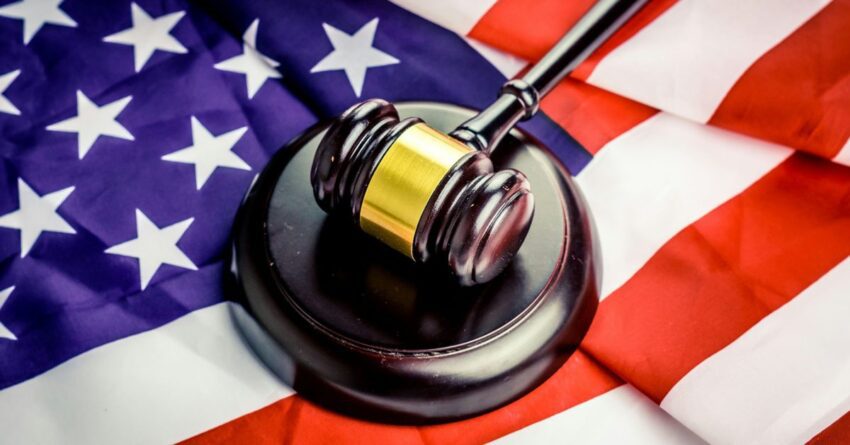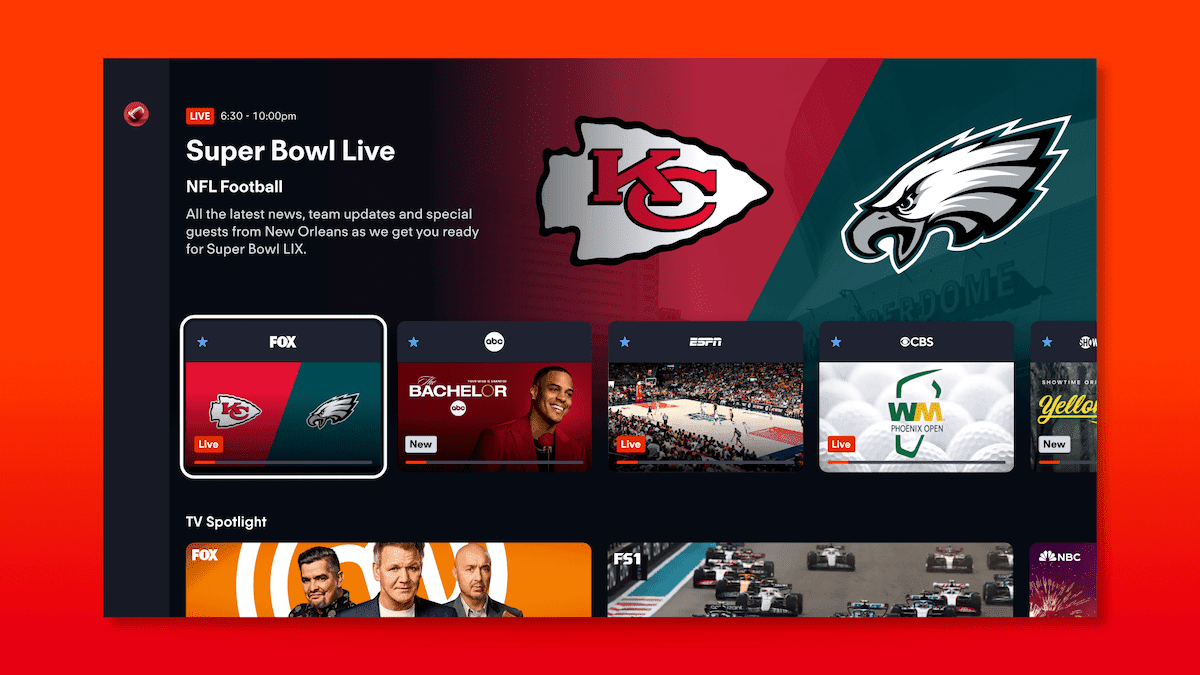
apple hit with religious discrimination and retaliation The U.S. Equal Employment Opportunity Commission (EEOC) has filed a federal lawsuit against Apple, alleging that the tech giant terminated a Virginia Apple Store employee in retaliation for complaints related to religious discrimination.
apple hit with religious discrimination and retaliation
Overview of the Lawsuit
The lawsuit, filed on September 30, 2025, centers around claims made by a former employee of an Apple Store in Virginia. According to the EEOC, the employee was dismissed after raising concerns about discriminatory practices related to their religious beliefs. This legal action highlights ongoing issues surrounding workplace discrimination and the responsibilities of employers to maintain an inclusive environment.
Details of the Allegations
The EEOC’s complaint outlines specific instances where the employee felt their religious beliefs were not respected. The employee, whose identity has not been disclosed, reportedly experienced a hostile work environment after voicing concerns about religious discrimination. The lawsuit claims that the employee’s complaints were met with retaliation, culminating in their termination.
According to the EEOC, the employee had been with Apple for several years and had consistently received positive performance reviews. However, after raising concerns about religious discrimination, the atmosphere at the workplace reportedly changed dramatically. The lawsuit alleges that the employee faced increased scrutiny and hostility from management and colleagues alike.
Legal Context
The EEOC is responsible for enforcing federal laws that make it illegal to discriminate against a job applicant or an employee based on race, color, religion, sex, national origin, age, disability, or genetic information. Under Title VII of the Civil Rights Act of 1964, employees are protected from discrimination based on their religious beliefs, and employers are required to provide reasonable accommodations for those beliefs unless doing so would impose an undue hardship on the operation of the business.
In this case, the EEOC’s lawsuit seeks to hold Apple accountable for allegedly failing to uphold these legal standards. The agency is asking for remedies that could include back pay, reinstatement, and changes to Apple’s policies to ensure that similar incidents do not occur in the future.
Implications for Apple
This lawsuit could have significant implications for Apple, a company that has built its brand around values of diversity and inclusion. If the EEOC’s claims are substantiated, Apple may face reputational damage, as well as potential financial repercussions. The tech giant has previously faced scrutiny over its workplace culture, and this lawsuit could reignite discussions about how well it upholds its stated values.
Moreover, the outcome of this case could set a precedent for how other companies handle similar allegations of religious discrimination and retaliation. If the EEOC wins, it may encourage more employees to come forward with complaints, knowing that they have federal support in their claims.
Stakeholder Reactions
The reaction to the lawsuit has been mixed. Advocacy groups focused on religious freedom and workplace rights have expressed support for the former employee, emphasizing the importance of protecting individuals from discrimination based on their beliefs. These organizations argue that a favorable outcome for the EEOC could strengthen protections for employees across various sectors.
On the other hand, Apple has not yet publicly commented on the lawsuit. However, the company has a history of promoting its commitment to diversity and inclusion. Stakeholders are closely watching how Apple will respond to these allegations, particularly given its public image as a leader in corporate responsibility.
Broader Impact on Workplace Culture
This lawsuit also raises broader questions about workplace culture in the tech industry. As companies strive to create inclusive environments, the challenge remains to ensure that all employees feel safe and respected, regardless of their religious beliefs. The tech sector, known for its progressive values, must grapple with the reality that discrimination can still occur, even in organizations that publicly advocate for diversity.
Employers are encouraged to implement training programs and policies that promote awareness of religious discrimination and the importance of accommodating diverse beliefs. This case serves as a reminder that even well-intentioned companies must continually assess their practices to ensure they align with their stated values.
Next Steps in the Legal Process
As the lawsuit progresses, both parties will likely engage in discovery, where evidence will be gathered and exchanged. This phase can be lengthy and may involve depositions of witnesses, including the former employee, management, and colleagues. The outcome of this process will be crucial in determining the merits of the EEOC’s claims.
If the case does not settle out of court, it may proceed to trial, where a judge or jury will hear the evidence and make a determination. The timeline for such legal proceedings can vary widely, depending on the complexity of the case and the willingness of both parties to negotiate.
Potential Outcomes
There are several potential outcomes for this lawsuit. If the EEOC prevails, Apple may be required to pay damages to the former employee, including back pay and possibly punitive damages. Additionally, the company may be mandated to implement changes to its workplace policies to prevent future incidents of discrimination.
Conversely, if Apple successfully defends against the allegations, it could reinforce its position and policies regarding workplace conduct. A favorable ruling for Apple could also deter other employees from pursuing similar claims, fearing that they may not be supported in their grievances.
Conclusion
The EEOC’s lawsuit against Apple underscores the ongoing challenges related to workplace discrimination and the importance of protecting employees’ rights. As the case unfolds, it will be essential to monitor its developments, as the implications could extend beyond Apple to the broader tech industry and workplace culture as a whole. The outcome may serve as a pivotal moment in the ongoing dialogue about religious discrimination and the responsibilities of employers to create inclusive environments for all employees.
Source: Original report
Was this helpful?
Last Modified: October 1, 2025 at 2:47 am
0 views















